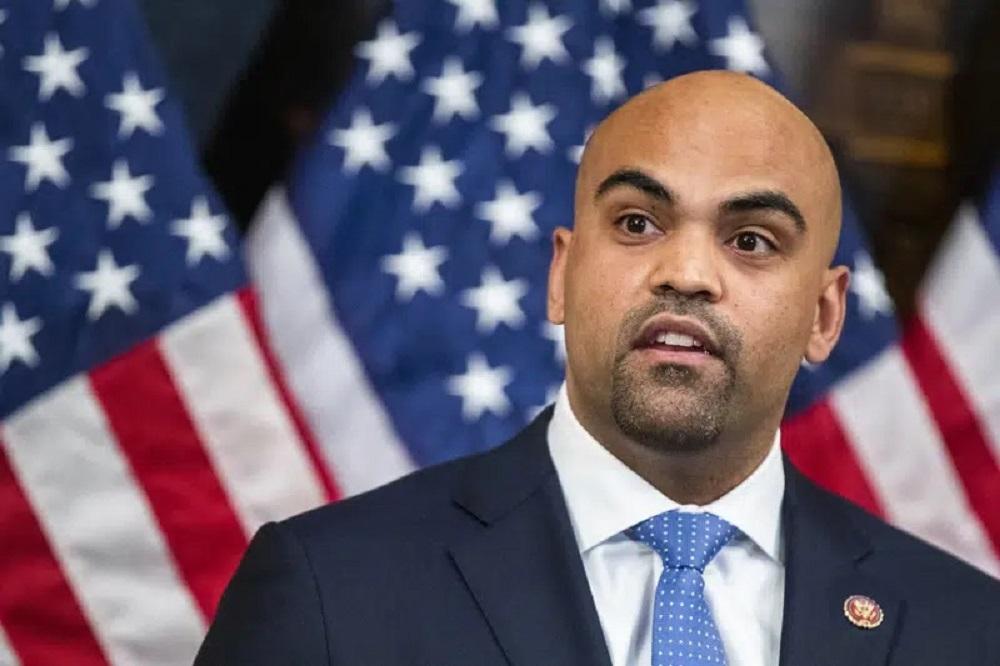Rep. Colin Allred (D-Texas) is among the U.S. lawmakers on a growing list of House members calling on President Joe Biden to refreeze the $6 billion in Iranian assets that he unfroze just before Hamas terrorists murdered more than 1,400 Israeli men, women, and children in an Oct. 7 massacre.
“As we continue to stand with Israel and mourn those lost in this unjustified and horrific terrorist attack, the United States must explore all options available to us to hold Hamas and their Iranian backers accountable,” Mr. Allred said in a statement made public on Oct. 11.





